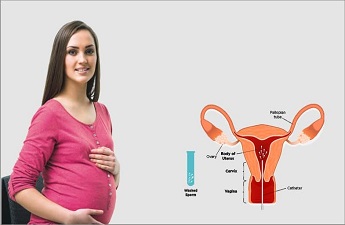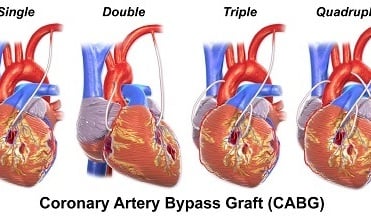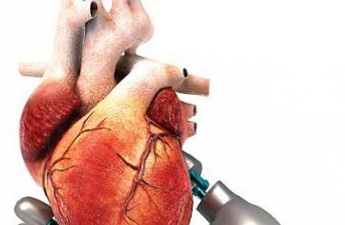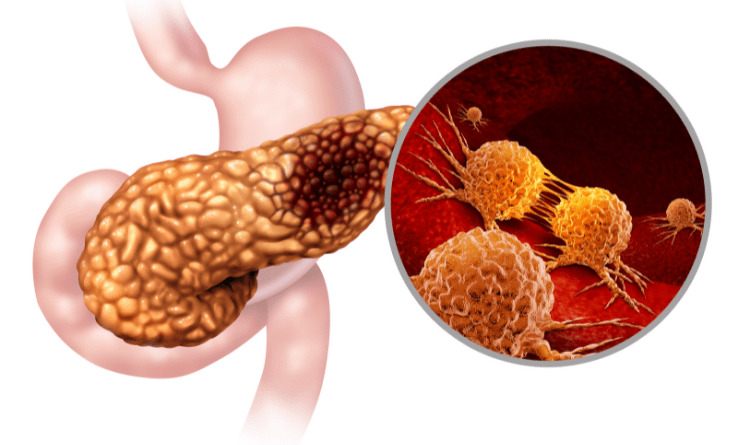The inability to conceive a child can be stressful and frustrating, but a number of treatments are available .

Female Infertility
Female Infertility refers to the problems associated with the reproductive organs of women which hinder pregnancy. Women suffering from female infertility are unable to conceive after a year or more of trying. Female infertility includes conditions leading to repeated miscarriages and does not allow a viable pregnancy.
According to the Society of Assisted Reproduction, about 10 to 14 percent of couples suffer from infertility in India. The statistics are higher among the urban population with close to one in six couples unable to conceive naturally. Dr. Tasneem Nishah Shah is a renowned IVF specialist treating female infertility.
Causes of Female Infertility
Female infertility can occur due to:
- Blocked Fallopian tubes: Tubal damage does not allow the egg to be fertilized, as the sperm cannot reach the eggs.
- Irregular ovulation: Hormonal problems do not allow for the egg to be released during the menstrual cycle. Absent or irregular periods are a sign of irregular ovulation.
- Cervical issues: Sperms may not pass through the cervical canal due to cervical issues such as cervical stenosis.
- Fibroids in the uterus: A growth of mass in the uterus such as polyps or fibroids can interfere with the process of pregnancy.
- Endometriosis: It is a condition where the tissue outside the uterus thickens and appears similar to the inner lining of the uterus or endometrium. The endometriosis can spread to the ovaries, tubes and other organs and is responsible for female infertility in about 30 to 50 percent of cases.
- Sexually Transmitted Diseases: A condition prevalent in developing countries, STDs are a dominant cause of infertility in women.
- Pelvic Inflammatory Diseases: Pelvic inflammatory disease refers to infections affecting the upper reproductive organs. PID can scar and block fallopian tubes leading to infertility.
- PCOS or Polycystic Ovary Syndrome: It is the most common cause of infertility. PCOS interferes with the development of ovarian follicles and release of eggs, causing fluid-filled cysts to form in the ovaries.
- Autoimmune diseases: Certain autoimmune diseases may cause inflammation in the uterus or placenta.
The best IVF Specialists in India diagnose and treat various causes of female infertility.
Risks of Female Infertility
There are five main risk factors for infertility in women.
- Age: The reproductive health of a woman declines with age as the quality and number of eggs go down.
- Smoking: Smoking causes damage to the fallopian tubes, cervix and increases the risks for ectopic pregnancy and miscarriage.
- Weight: Being overweight or underweight affects ovulation and increases infertility.
- Sexual Health: STDs cause damage to the female reproductive organs, making it difficult to conceive.
- Alcohol: Studies have shown that consumption of alcohol reduces the ability to conceive.
Treatment for Female Infertility
Infertility treatment depends on the underlying cause and can either restore fertility or help to conceive using advanced methods. The best IVF specialists in Bangalore use the latest technology and medical knowledge to treat female infertility.
Medication: Fertility drugs are administered to women suffering from infertility due to problems in ovulation. These drugs simulate natural hormones to induce ovulation. These drugs may be used to increase the number of eggs released to increase the chances of conception.
Surgery: Corrective surgery to improve female fertility is a treatment option for women suffering from structural abnormalities of the reproductive system. The surgeries are usually minimally invasive laparoscopic or hysteroscopic surgeries. The surgeries may be done to:
- Repair or open damaged and blocked fallopian tubes
- Remove adhesions, polyps, fibroids, or create tubal openings
- Correcting an anomaly in the upper reproductive organs
Assisted Reproduction: Assisted reproduction involves sophisticated methods to help conception. ART is done by the best IVF specialists in Bangalore, with state-of-the-art equipment for best results. Assisted reproduction is an option for couples who have not benefitted from other fertility treatments. ART is done with technologically advanced methods:
- IVF: Mature eggs are retrieved and fertilized in a petri-dish before being transplanted back into the uterus. It is considered to be the most successful Assisted Reproductive Treatment or ART procedure. Dr. Tasneem Nishah Shah is an experienced IVF specialist with a high rate of success.
- Intrauterine insemination: Healthy sperms are injected into the uterus when ovulation is likely to occur.
Male infertility can be caused by low sperm production, abnormal sperm function or blockages that prevent the delivery of sperm. Illnesses, injuries, chronic health problems, lifestyle choices and other factors may contribute to male infertility.
The inability to conceive a child can be stressful and frustrating, but a number of treatments are available for male infertility.
There may be no other obvious signs or symptoms.
In some cases, however, an underlying problem such as an inherited disorder, hormonal imbalance, dilated veins around the testicle or a condition that blocks the passage of sperm causes signs and symptoms. Signs and symptoms you may notice include:
- Problems with sexual function — for example, difficulty with ejaculation or small volumes of fluid ejaculated, reduced sexual desire, or difficulty maintaining an erection (erectile dysfunction)
- Pain, swelling or a lump in the testicle area
- Recurrent respiratory infections
- Inability to smell
- Abnormal breast growth (gynecomastia)
- Decreased facial or body hair or other signs of a chromosomal or hormonal abnormality
- A lower than normal sperm count (fewer than 15 million sperm per milliliter of semen or a total sperm count of less than 39 million per ejaculate)
When to see a doctor
See a doctor if you have been unable to conceive a child after a year of regular, unprotected intercourse or sooner if you have any of the following:
- Erection or ejaculation problems, low sex drive, or other problems with sexual function
- Pain, discomfort, a lump or swelling in the testicle area
- A history of testicle, prostate or sexual problems
- A groin, testicle, penis or scrotum surgery
- A partner over age 35
Conclusion
Female infertility is a complex condition that requires commitment in terms of time and finances. Technological advances have made it possible for couples suffering from female infertility to conceive.
Get in Touch with Medical Experts
Most Searched Blog

Heart Surgery

Heart Transplant

Atrial Septal Defect
